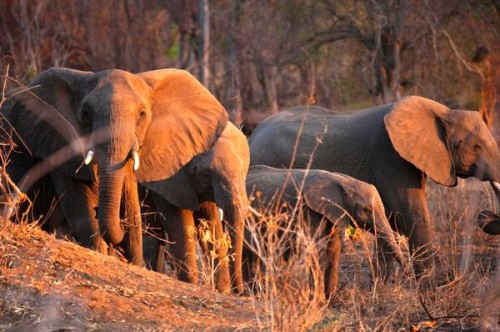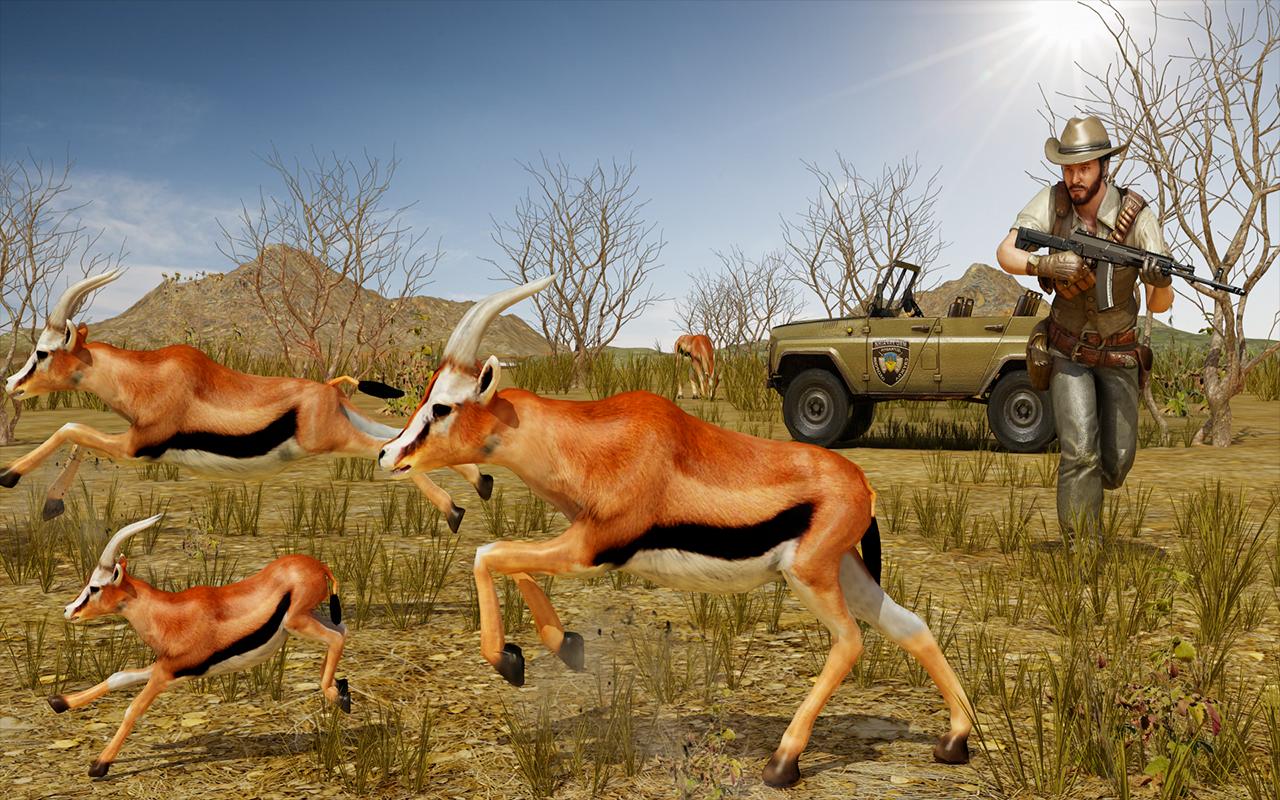Your journey to Thailand in May is about to begin, and you want to visit Thailand’s vibrant fighting festivals. So let us learn about the King’s Cup Elephant Polo Tournament. A festival besides a lively struggle is a lot of humane activity going on behind it.
In recent 2016, Anantara Hotel, Resorts & Spa announced the upcoming opening of the King’s Cup Elephant Polo Tournament. The festival is organized by banks in Bangkok’s Chaophraya River. The organization period is from 10 to 13 of March this year.
The festival will include 10 teams participating in the fight including 40 players will participate in the competition. The number of elephants involved was 18.

These are elephants abused by tourist resorts and the Surin unemployment area with hours of work. When returning to the festival, they are fully fed with fresh fruits and vitamins to have a good health and restore the body.
The King’s Cup Elephant Polo Tournament has been held 14 times and has become the largest charity festival in Southeast Asia. On annual occasions, the festival contributes $ 1 million to the elephant conservation fund.

And this is also a festival with the idea of using elephants to treat autism for children. As a result, the elephants earn money and they will not have to work hard in the tourist area or the unemployed. Having fun in the festival, you will see the arrival of the New Zealand All Blacks basketball team.
There is also an indispensable appearance of transgender beauties from Miss Tiffany. King’s Cup Elephant Polo Tournament will be an indispensable great choice in your Thailand tour. In order for you and your relatives to not only live in the excitement of the festival but also in the kindness that the festival brings to people and animals.
During the trip to Thailand this year, the festival will have 10 participating teams including 40 different players. During the festival there will be 18 elephants to fight. These are abusive elephants from the tourist and unemployment areas of Surin. Before participating, they will be fully fed with fresh fruits and vitamins so that they are in good health and restore strength.


